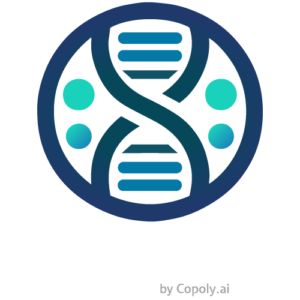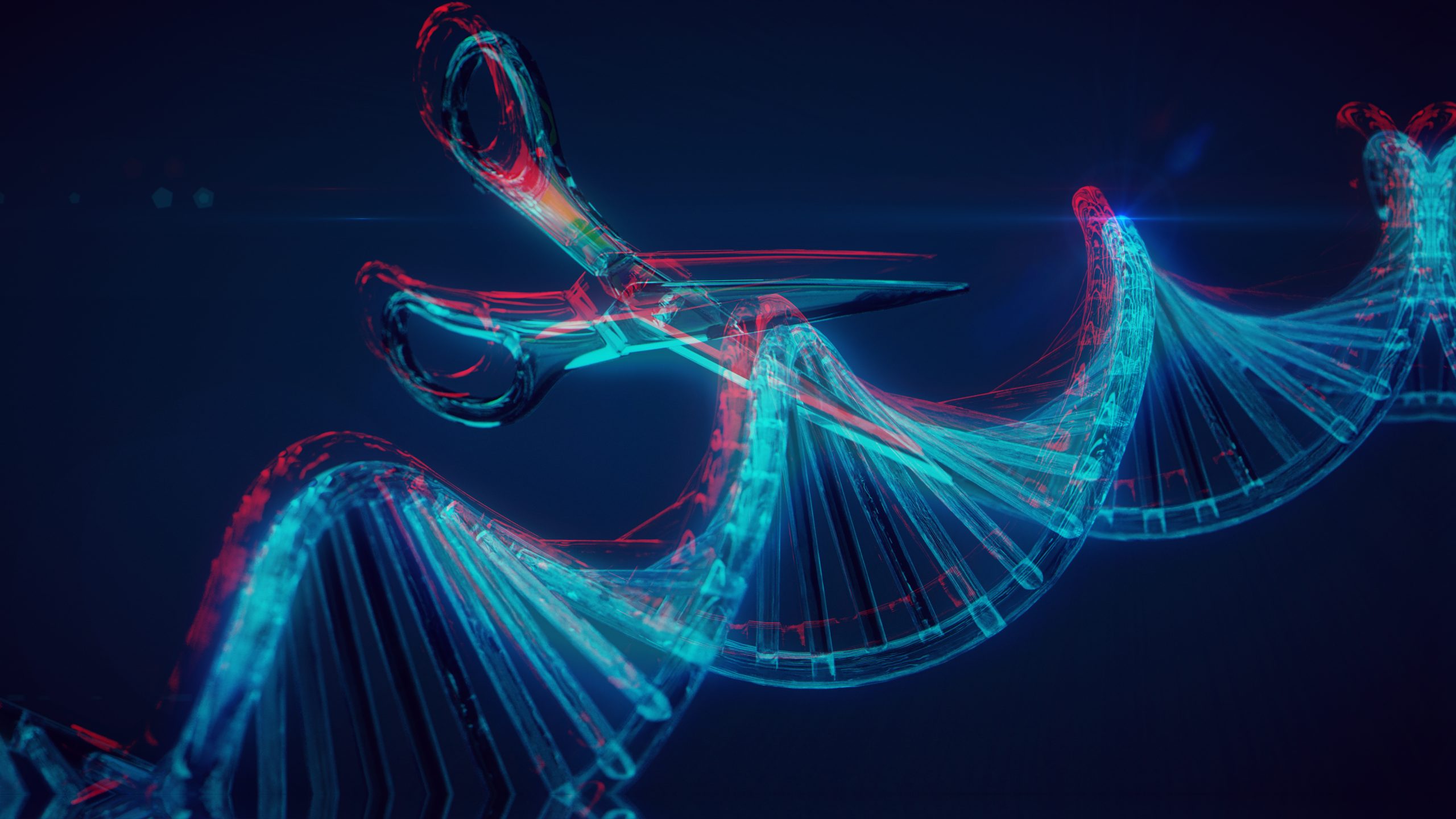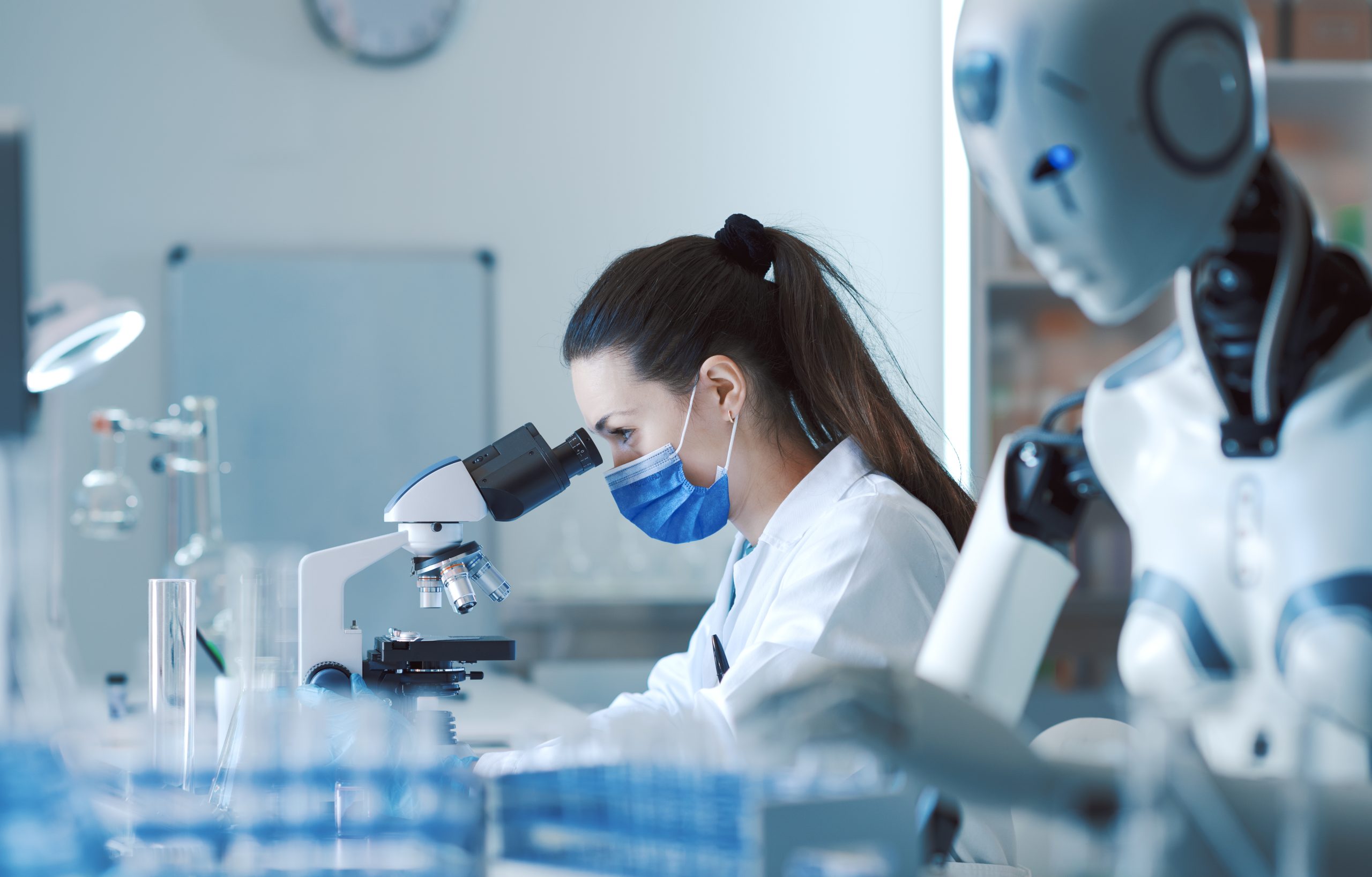- Comments Off on The Transformative Power of Early Cancer Detection in Improving Patient Outcomes

Cancer remains one of the leading causes of mortality worldwide, with millions of new cases diagnosed each year. Early detection of cancer can significantly improve patient outcomes by enabling timely treatment, increasing survival rates, and enhancing the quality of life for patients. This article explores the critical role of early cancer detection and how it transforms patient care.
The Importance of Early Detection
Early cancer detection involves identifying cancer before symptoms appear, at a stage when the disease is most treatable. Detecting cancer early can make a substantial difference in prognosis and survival rates. For example, the five-year survival rate for localized breast cancer is 99%, compared to 27% for metastatic breast cancer, where the disease has spread to other parts of the body¹.
Increased Survival Rates
One of the most compelling benefits of early cancer detection is the significant increase in survival rates. Early-stage cancers are typically less aggressive and have not yet spread, making them easier to treat effectively. According to the American Cancer Society, early detection through screening tests can reduce cancer mortality rates by up to 25% for certain types of cancer, such as breast, colorectal, and cervical cancers².
Improved Treatment Outcomes
When cancer is detected early, treatment options are often more effective and less invasive. Early-stage cancers may be treated with surgery alone, while more advanced cancers often require a combination of surgery, chemotherapy, and radiation therapy. Less aggressive treatment protocols reduce the risk of side effects and improve the patient’s overall quality of life³.
Enhanced Quality of Life
Early detection not only improves survival rates but also enhances the quality of life for patients. When cancer is caught early, patients are more likely to maintain their normal activities and experience fewer disruptions to their daily lives. Additionally, the psychological burden of living with advanced cancer is significantly reduced when the disease is detected and treated early⁴.
Economic Benefits
Early detection of cancer can also lead to significant economic benefits. Treating cancer in its early stages is generally less costly than treating advanced cancer. This cost-effectiveness stems from the reduced need for extensive and prolonged treatment, fewer hospital visits, and shorter recovery times. These savings benefit not only the healthcare system but also the patients, who face lower medical expenses⁵.
Innovative Technologies in Early Detection
Advancements in medical technology have revolutionized early cancer detection. Techniques such as liquid biopsy, which analyzes blood samples for cancer markers, and advanced imaging technologies like MRI and CT scans, have significantly improved the accuracy and reliability of early detection. Moreover, artificial intelligence (AI) and machine learning algorithms are enhancing the ability to detect cancer early by analyzing complex data and identifying patterns that might be missed by human analysis⁶.
The Role of Public Health Initiatives
Public health initiatives play a crucial role in promoting early cancer detection. Awareness campaigns, regular screening programs, and education on the importance of early detection are essential components of a comprehensive strategy to reduce cancer mortality. Governments and healthcare organizations must continue to invest in and prioritize these initiatives to ensure that the benefits of early detection reach as many people as possible⁷.
Conclusion
Early cancer detection is a powerful tool in the fight against cancer. By identifying the disease at its earliest stages, we can significantly improve patient outcomes, increase survival rates, enhance the quality of life, and reduce healthcare costs. Continued advancements in detection technologies and robust public health initiatives are essential to realizing the full potential of early cancer detection. Together, these efforts can transform cancer care and offer hope to millions of patients worldwide.
References
- American Cancer Society. (2023). Breast Cancer Survival Rates.
- National Cancer Institute. (2023). Cancer Screening Overview.
- Mayo Clinic. (2023). Cancer Treatment Options. Retrieved from Mayo Clinic.
- Cancer Research UK. (2023). Early Detection and Diagnosis of Cancer.
- Centers for Disease Control and Prevention. (2023). The Economic Impact of Cancer.
- Nature Reviews Cancer. (2023). Innovations in Early Cancer Detection.
- World Health Organization. (2023). Cancer Early Diagnosis and Screening.
OncoSage: A Revolutionary Cancer Detection Technology
Copoly is a groundbreaking cancer detection technology that uses advanced algorithms and artificial intelligence to detect cancer at its earliest stages. Our non-invasive approach allows for early detection without exposing patients to the risks associated with traditional screening techniques. Our mission is to transform cancer care by detecting the disease early and improving patient outcomes. Learn more about how Copoly is revolutionizing early cancer detection.

Related Post
Unlocking the Future of Cancer Therapy: CRISPR/Cas Meets Copoly
- Comments Off on Unlocking the Future of Cancer Therapy: CRISPR/Cas Meets Copoly
EVO-2: Revolutionizing Biomedical Research with AI-Driven Genomics
- Comments Off on EVO-2: Revolutionizing Biomedical Research with AI-Driven Genomics
Preparing for AI in Genetic Engineering R&D: A Roadmap for Success
- Comments Off on Preparing for AI in Genetic Engineering R&D: A Roadmap for Success




